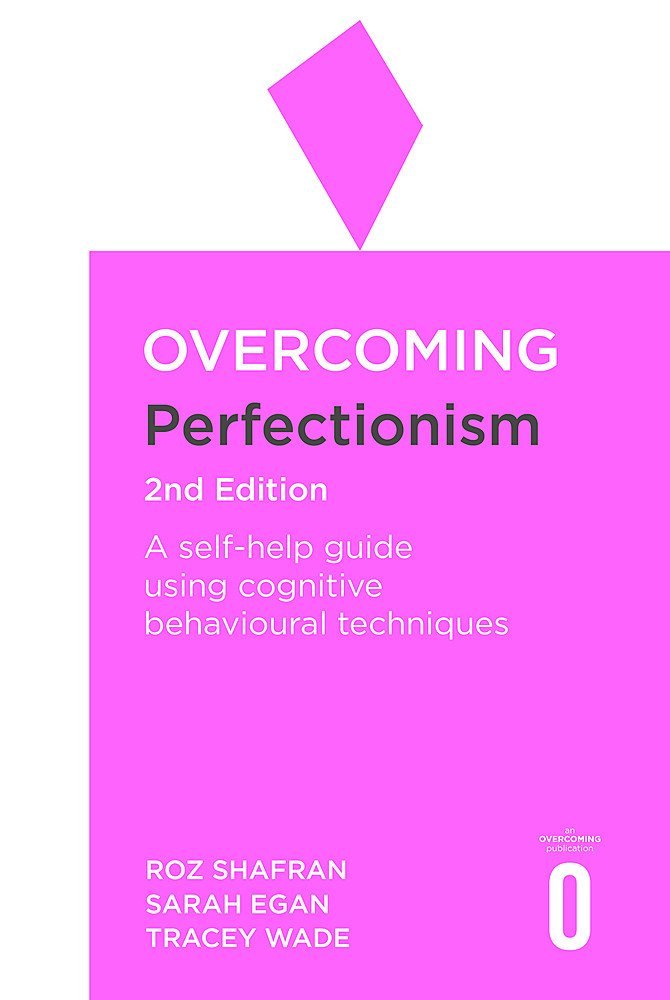Overcoming Perfectionism – A Self-Help Guide
Overcoming Perfectionism: A Self-Help Guide
By Roz Shafran, Sarah Egan and Tracey Wade (Robinson, 2010); £12.99.
http://bit.ly/3AT7soZ
As researchers we’re no strangers to stiff competition, to high standards, to hard work. By definition we’re the top of the class, the ones who’ve survived a rigorous selection process to get where we are today. But when does a desire for achievement become counter-productive and lead to a decline in our performance? Or worse still, to anxiety, depression and loss of self-confidence?
How to break the vicious circle of ‘never good enough’
In this powerful book the authors describe a mind-set and a personality type that many researchers will identify with: perfectionism. As a perfectionist you set yourself demanding goals, you work hard to achieve them, you enjoy being the best … so far, so good.
However, there’s also a risk of losing perspective and wanting to be too perfect. The authors use the example of the dinner party host who spent so long cleaning the house, the food preparation ended up being rushed. As a consequence the dessert came out looking wonky – and the host spent the whole evening feeling miserable about letting everyone down. Yet the guests didn’t even notice!
This cycle of setting oneself excessively high standards, inevitably falling short and then feeling bad about it is introduced sensitively, using personal testimonies we can easily relate to. Alongside the dinner party host is the student who’s reluctant to hand in work that’s less than perfect, and the employee who keeps quiet in meetings for fear of not sounding knowledgeable enough. You’re bound to see yourself in the book – reading that email over and over again before you send it, or putting off doing a big piece of work because you don’t have time to do it properly … we’ve all been there!
Having explained the characteristics of the condition, the authors then introduce a range of coping strategies for dealing with excessive perfectionism. It’s OK to be pragmatic and do just enough to get by. It’s OK to make some time for yourself rather than constantly working. It’s even OK to mess up from time to time.
So for instance, the perfectionist host decided to clean only two rooms ahead of their next dinner party – the ones the guests would actually use! After all, your worth as a person is not diminished if some aspect of your life isn’t quite perfect …
In fact, as the book explains, easing off a little helps you to become more productive in the long run. You’ll spend less time feeling deflated because you didn’t complete everything on your completely unrealistic to-do list. You’ll spend less time battling procrastination and putting off tasks until you’ve found the time to do them perfectly. Instead, invest in your own self care, go easy on yourself, and you’ll perfect the art of not being perfect!
How have you overcome your own perfectionist tendencies? What resources have you found most useful?

